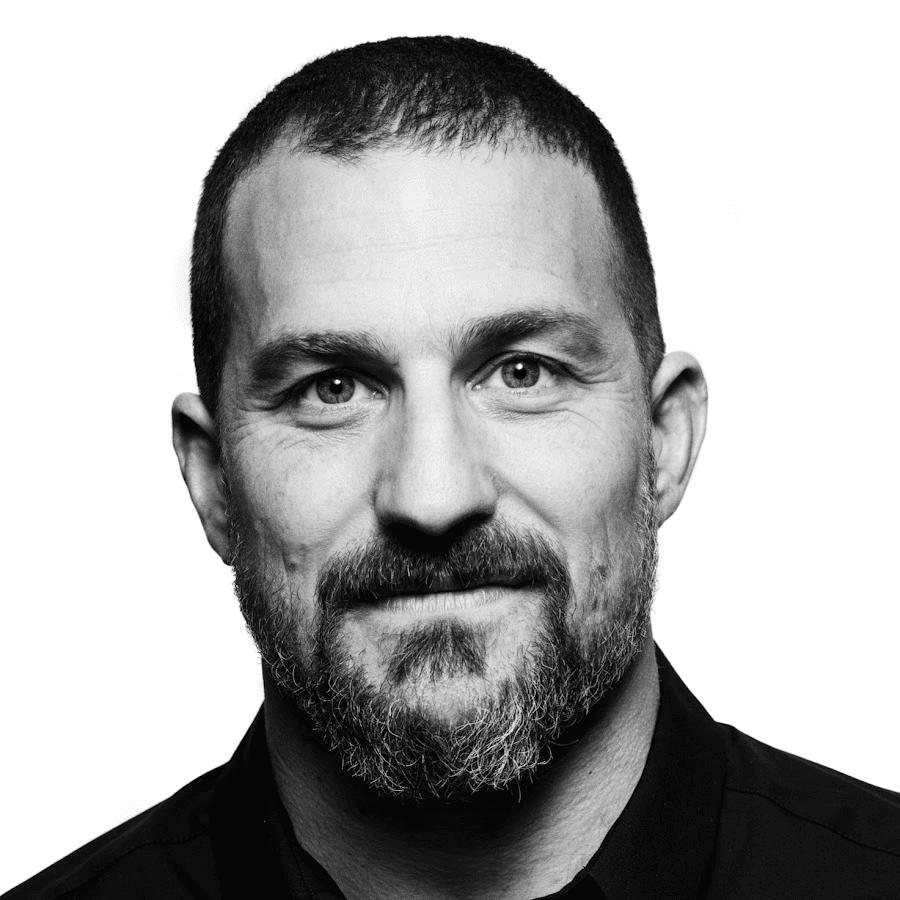Delay Caffeine Intake by 90 to 120 Minutes After Waking
TLDR:
To optimize your alertness throughout the day and avoid the common afternoon energy crash, it's recommended to delay your caffeine intake for about 90 to 120 minutes after waking up. This timing allows your body's natural wakefulness processes, primarily driven by the morning peak in cortisol levels, to stabilize.
Why delay coffee intake?
According to Huberman, the best time to have caffeine is usually 90 to 120 minutes after waking up. This timing helps prevent disruptions to your sleep cycle and reduces the likelihood of an afternoon energy slump often caused by consuming caffeine too early.
Drinking caffeine too soon after waking can interfere with the natural increase of cortisol levels in the morning and lead to energy dips later in the day. By waiting 1.5 to 2 hours, you enhance caffeine's effectiveness in sustaining your alertness without disrupting your body's internal rhythm.
Additionally, consuming caffeine in the afternoon, especially after 4 PM, can negatively impact sleep quality.
There are some exceptions. For example, if you prefer to have caffeine before a morning workout within the first 90 minutes of waking up, that's fine, but be aware that it might lead to increased fatigue in the early afternoon.
James Hoffman's Take
Recently James Hoffman, the most popular coffee content creator on YouTube, released a video debunking some of Huberman's findings. We encourage you to watch this video.
In the video, James Hoffmann examines Dr. Andrew Huberman's popular advice on delaying morning caffeine consumption to avoid afternoon crashes. Hoffmann conducts an experiment with a team to test the impact of delaying caffeine on fatigue levels throughout the day.
According to Hoffman, the results show no significant difference in afternoon crashes between those who delayed caffeine intake and those who did not. Hoffmann discusses the complexity of biological systems, suggesting that simple solutions like adjusting caffeine timing may not have straightforward outcomes. He also emphasizes the importance of considering broader lifestyle factors, such as sleep quality, in managing energy levels and encourages viewers to be skeptical of popular health advice without robust scientific backing.

Dr. Andrew Huberman
Neuroscientist & Podcast Host (The Huberman Lab)
...
Andrew Huberman, Ph.D., is a neuroscientist and tenured professor in the Department of Neurobiology and by courtesy, Psychiatry and Behavioral Sciences at Stanford School of Medicine.
Dr. Huberman is also the host of the Huberman Lab podcast — the #1 Health & Fitness podcast on Apple Podcasts and Spotify.
Disclaimer: The information presented on this website are for informational and entertainment purposes only. Please consult a medical professional when considering changes to your routine, supplements, etc.
Additionally, please note that some product links in our content are affiliate links. While not all routines & products are officially endorsed by the individuals mentioned, we strive to ensure that the information we provide is accurate and up-to-date.


